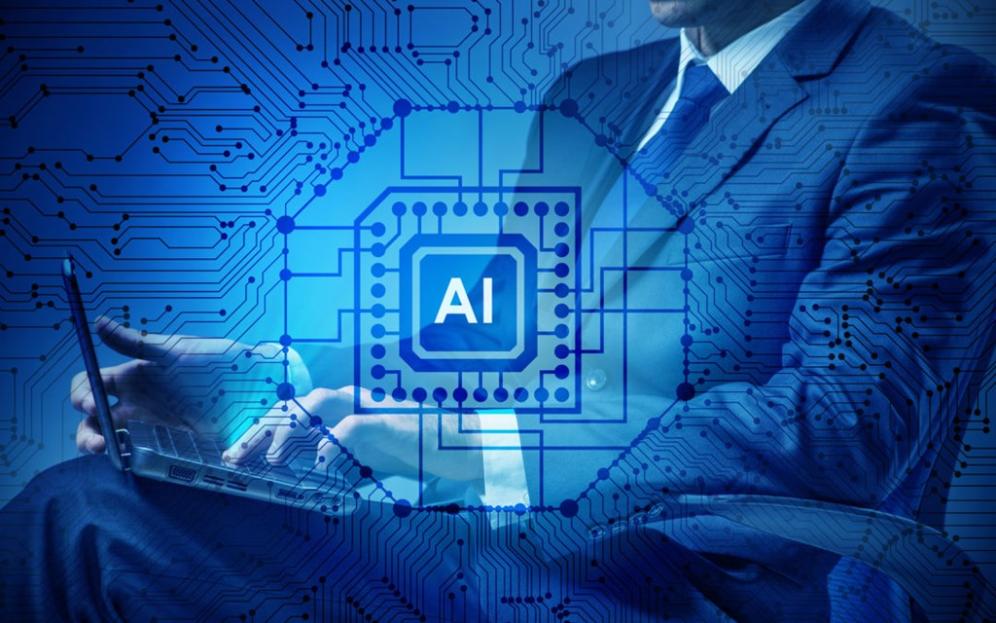The Future of AI Companions: Unlocking New Possibilities in Human-Machine Interaction
In a world increasingly driven by technology, the concept of AI companions has emerged as a captivating frontier, promising to revolutionize the way we interact with machines. These intelligent virtual entities have the potential to transform various aspects of our lives, offering companionship, assistance, and enhanced experiences.

Current State Of AI Companions:
The rapid advancements in AI technology have paved the way for the development of sophisticated AI companions. These companions are equipped with natural language processing capabilities, enabling them to understand and respond to human speech and text. They can also leverage machine learning algorithms to learn from interactions and adapt to individual preferences and behaviors.
Notable examples of existing AI companions include:
- Alexa: Amazon's voice-activated assistant, Alexa, has gained widespread popularity for its ability to control smart home devices, provide information, and play music.
- Siri: Apple's AI assistant, Siri, is known for its conversational interface and ability to perform tasks such as setting alarms, sending messages, and searching the web.
- Google Assistant: Google's AI companion, Google Assistant, offers a wide range of capabilities, including answering questions, controlling smart devices, and providing personalized recommendations.
Despite these advancements, current AI companions still face limitations, such as difficulty understanding complex instructions, handling ambiguous requests, and maintaining long-term memory. However, ongoing research and development efforts are continuously pushing the boundaries of AI capabilities.
Key Trends Shaping The Future Of AI Companions:

The future of AI companions is being shaped by several key trends and innovations:
- Natural Language Processing (NLP): Advancements in NLP are enhancing the ability of AI companions to understand and respond to human language in a more natural and intuitive manner.
- Machine Learning and Deep Learning: Machine learning algorithms enable AI companions to learn from vast amounts of data, improving their decision-making capabilities and personalizing their interactions with users.
- Computer Vision: Computer vision technologies allow AI companions to perceive and interpret visual information, enabling them to recognize objects, faces, and gestures.
- Big Data and Cloud Computing: The availability of massive datasets and powerful cloud computing resources facilitates the training and deployment of more sophisticated AI models.
These trends are converging to create AI companions that are more intelligent, responsive, and capable of providing a wide range of services and experiences.
Potential Applications And Benefits Of AI Companions:

The potential applications of AI companions extend across various industries and domains:
- Healthcare: AI companions can assist with medication management, provide emotional support, and offer personalized health advice.
- Education: AI companions can serve as personalized tutors, providing interactive lessons and tailored feedback.
- Customer Service: AI companions can handle customer inquiries, resolve issues, and provide recommendations, improving customer satisfaction.
- Entertainment: AI companions can recommend movies, music, and other forms of entertainment based on user preferences.
The benefits of AI companions include increased productivity, efficiency, and convenience. They can also provide companionship and emotional support, particularly for individuals who may feel isolated or alone.
Challenges And Ethical Considerations:
The development and deployment of AI companions also raise several challenges and ethical considerations:
- Privacy and Security: AI companions collect and process personal data, raising concerns about data privacy and security.
- Bias: AI companions trained on biased data may perpetuate and amplify existing biases, leading to unfair or discriminatory outcomes.
- Impact on Human Relationships: The increasing reliance on AI companions may have implications for human relationships and social interactions.
Addressing these challenges requires responsible AI development practices, ethical guidelines, and ongoing public dialogue.
Future Prospects And Long-Term Impact:
The future of AI companions holds immense promise for transforming society and human lives:
- Breakthroughs in AI: Continued advancements in AI technology, such as quantum computing and neuromorphic computing, could lead to even more intelligent and capable AI companions.
- Convergence with Other Technologies: The convergence of AI companions with other emerging technologies, such as augmented reality and the Internet of Things, could create immersive and interconnected experiences.
- Positive Impact on Society: AI companions have the potential to improve healthcare outcomes, enhance educational opportunities, and foster social inclusion.
The responsible development and deployment of AI companions can pave the way for a future where humans and machines coexist harmoniously, unlocking new possibilities for progress and well-being.
AI companions are poised to revolutionize the way we interact with technology and experience the world around us. By embracing responsible AI development practices, addressing ethical considerations, and fostering public dialogue, we can ensure that AI companions become valuable tools that enhance our lives and contribute to a better future for all.
YesNo

Leave a Reply